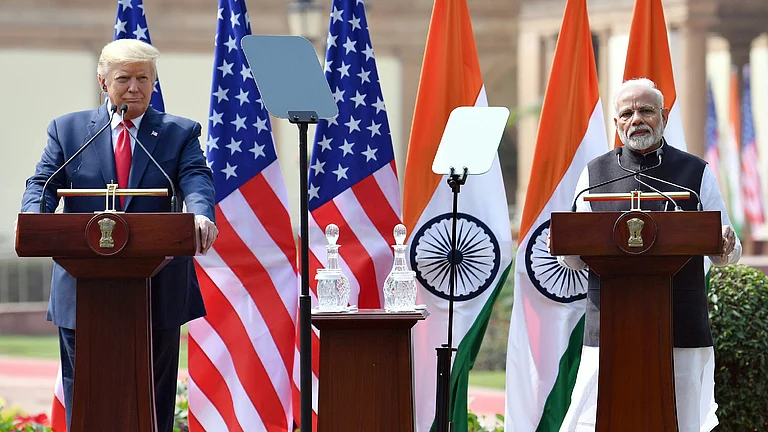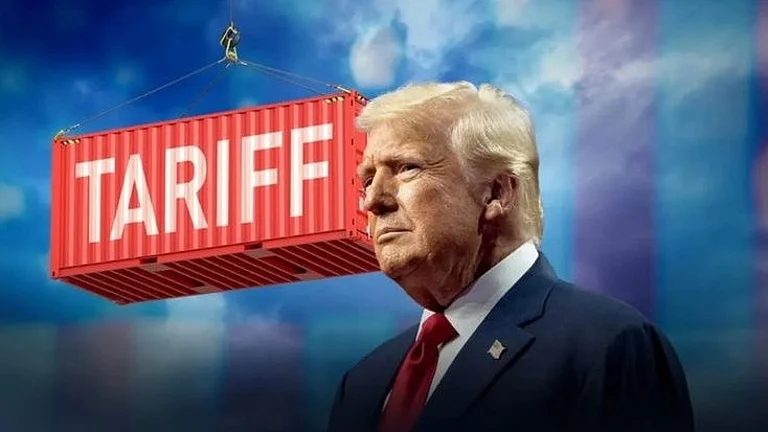India is set to engage in bilateral trade agreement (BTA) negotiations with the United States in the coming weeks, aiming to resolve key tariff-related issues. The Ministry of Commerce confirmed on Monday that both nations will pursue a multi-sector trade pact, seeking to enhance export-import collaboration while addressing tariff imbalances.
“The US and India have agreed to move in the direction of mutually beneficial and fair BTA that takes care of everything, whatever they announce. We will have a mutually beneficial trade agreement. Everything will be addressed through this forum — their negotiators and ours will mutually discuss these issues,” said a senior official from the Ministry.
During Prime Minister Narendra Modi’s recent visit to Washington, India and the United States committed to expanding bilateral trade to over $500 billion by 2030. Both nations also announced plans to finalize the first phase of a mutually beneficial, multi-sector bilateral trade agreement (BTA) by 2025.
The Ministry also confirmed that such tariff-related uncertainties and a threat of a larger global war due to the protectionist trade policies being rolled out and further likely to be adopted by the Donald Trump administration could even provide an ‘opportunity’ for India to enhance the trade relations with the USA. In order to navigate the situation better, the Department of Commerce will also have meetings with industry to do a cost-benefit analysis in case there is any announcement of tariffs.
“Once we know the negotiating teams are in place we will start working with the US together and then we will develop the contours of this mutually beneficial bilateral trade agreement and based on that we will move forward,” as per the sources from the Department of Commerce.
India and the United States have agreed to deepen trade ties by expanding U.S. exports of industrial goods to India while boosting Indian exports of labour-intensive manufactured products to the American market. Both sides will also work to enhance trade in agricultural commodities.
Recently, U.S. President Donald Trump has pledged to impose reciprocal tariffs on countries that levy high duties on American imports, including India, which maintains some of the highest tariffs globally. Trump stated that U.S. tariffs on Indian goods would match those imposed by New Delhi on American exports. The U.S. currently holds a $45.6 billion trade deficit with India, while World Trade Organization data shows Washington’s trade-weighted average tariff rate at 2.2%, compared to India’s 12%.































